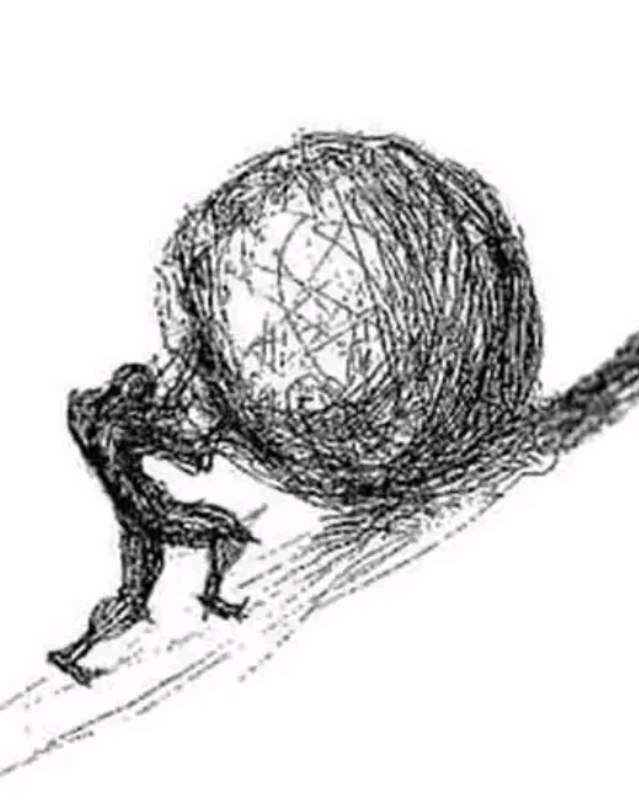I do it every day, maybe it’s an OCD thing. I want to live by stoic virtues and revolutionary morality. Everyday I write in my journal and reflect on if I’m living up to my standards. Did I do anything regrettable, cowardly, liberal (in mao’s sense), and so on. Then I resolve to act differently in the future and live how I want to in the moment. It works.
Look at positions that oppose your and try to see the merits of them put yourself in the shoes of a diverging point and on those shoes you’ll probably find an issue with your own point, even if the shoes you wore to do so were wrong as sin, changing the perspective helps.
Other than that I think that the constant balancing of conviction on your position to the point of acting on it but humility to recognize that it could be wrong, and strength to correct course when you realize it’s wrong. This last part, to internalize that you might change part of your beliefs and if so pivot to the new one with the same conviction as before, this point is important, because once you accept it as a possibility and realize that its not reason for shame, you become less prone to holding on to dear life on an outdated or incomplete view. Those are all hard things to do but I believe it’s through there.
What do you mean? If you’re talking about in a red setting or a summation after an action or something then think back to the problems that happened and how you contributed to them. Point them out to others in that summation setting.
If you are talking about on like, a personal level, do the same thing but apply it to everything you’re doing. What exactly happened, how did I contribute to it happening? What were the good/effective things I did, what were the things that hampered effectiveness or hurt someone?
Write it down if you have to, or just take note of it in your head. There’s no universal process for self-criticism. Never stop (while being healthy about it obviously). Criticize your critiques, criticize your actions, criticize your thoughts. Don’t beat yourself up but always be trying to disprove or poke holes in what you think.




